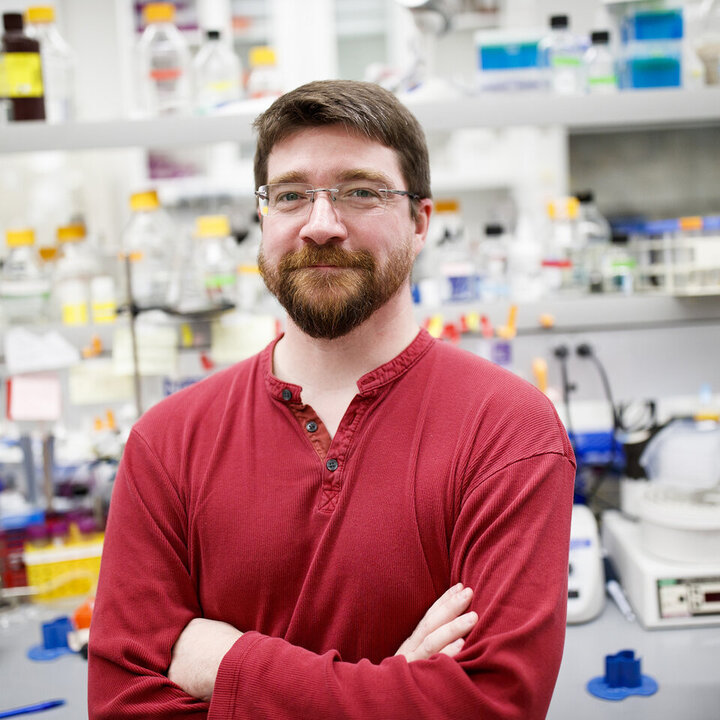Content
The numbers of published papers on oxidative stress and its impacts on health and disease has expanded an order of magnitude over the past decade, underscoring the fundamental importance of this research area in a comprehensive program to address molecular mechanisms of disease. Research in redox biology includes the study of reduction-oxidation events in metabolism, signaling pathways, stress response, and cellular repair that are essential for growth and development. The Redox Biology Center is an internationally recognized leader in redox biology and has developed innovative, multi-disciplinary, and multi-campus research programs. The Center continues to mentor new investigators and develop research infrastructure to advance all aspects of the basic and translational questions surrounding redox biology in health and disease. The Center has a critical mass of NIH-funded research in fields, and provides unique training opportunities in this area to students within and outside the MMoD program. This mentor team is investigating how critical redox buffers are generated, maintained, and manipulated to alter cellular physiology, which is relevant to cancer and neurogenerative diseases and is integral to research in all other emphasis areas in this proposal. Mass spectrometric and structural/biophysical methods of analyzing individual proteins that modulate stress impacts lend exceptionally powerful quantitative approaches to this training emphasis.


